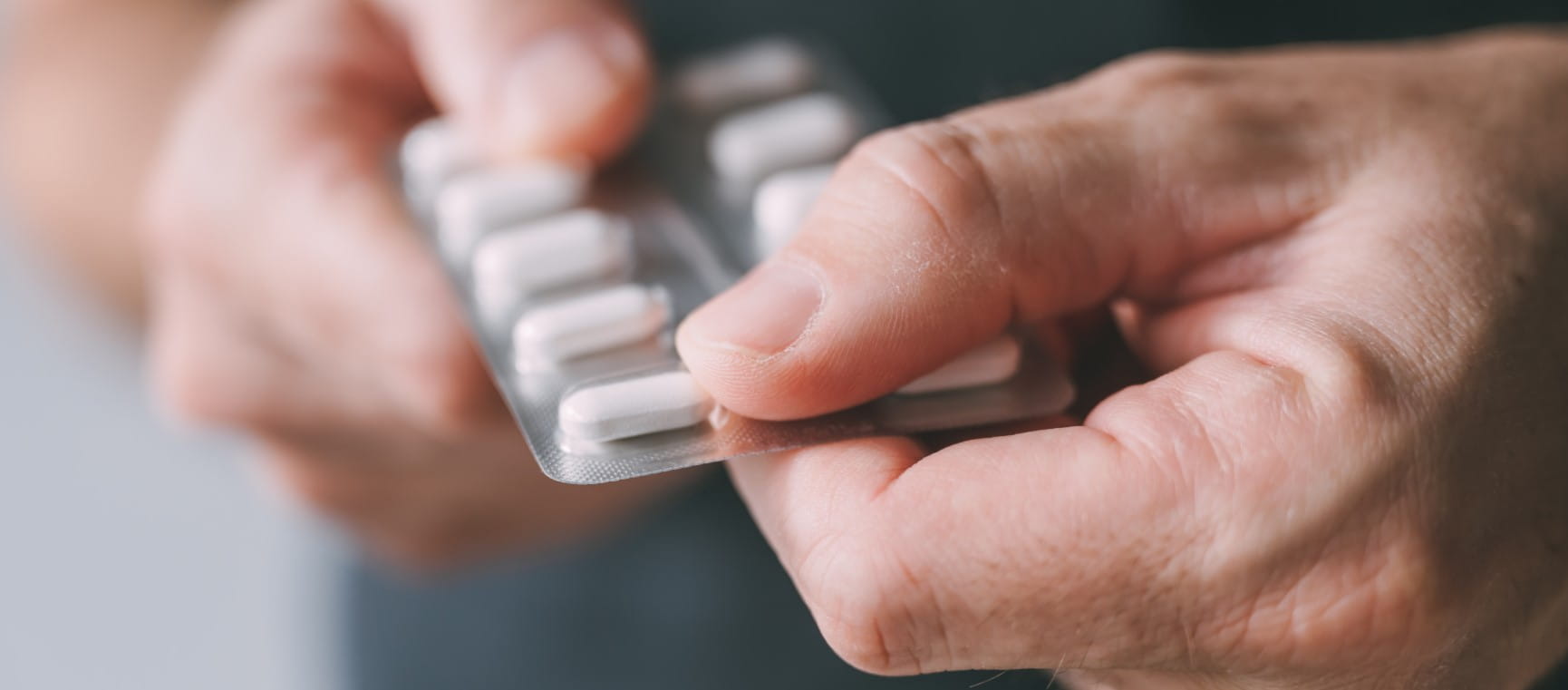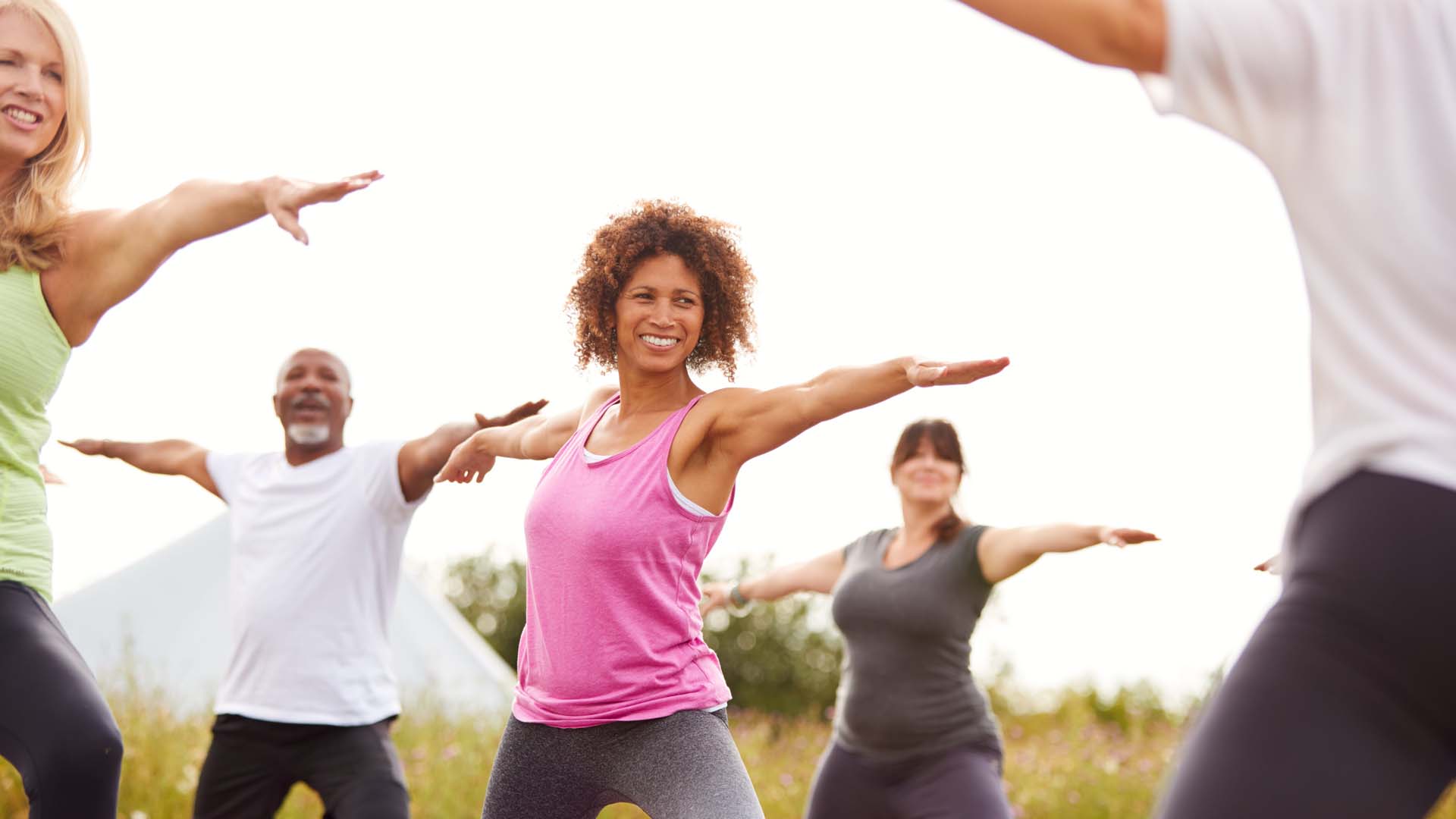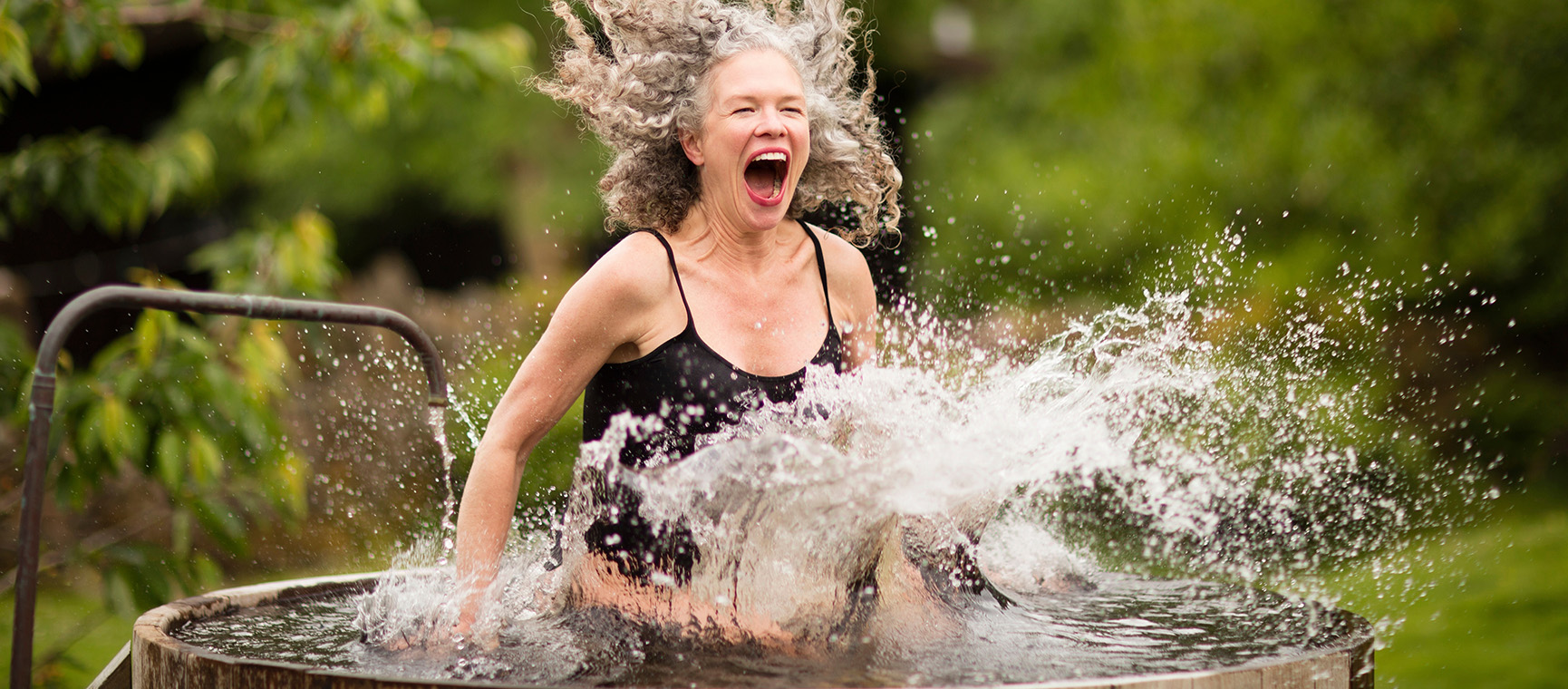
Most early mornings Juls Abernethy gently immerses herself into the icy outdoor cold water bath in her back garden. It’s a chilly ten-minute ritual she repeats five times a week to ease a chronic pain condition. Rather her than me, you might think. But she swears by its effects.
"The pain relief I get after taking a dip relieves the inflammation in my body more than any medication could. I’m pain-free for hours afterwards – no tablet ever gave me that much relief," says Juls, 55, who lives near Dorchester in Dorset
"It’s so effective I’m now weaning myself off the steroids I’ve been taking. I’ve also suffered from anxiety and depression in the past and I get this fantastic feeling of euphoria every time I take an ice bath."
Juls is evangelical about the health benefits (as most ice bathers tend to be) and now offers cold water baths and dips to clients who visit her women’s wellness retreat – many of them in their sixties and seventies looking for relief from chronic health conditions.
Ice baths are certainly having a bit of a moment right now, part of a wider trend for all things cold water, as espoused by the Dutch endurance athlete Wim Hof.
Strictly Come Dancing judge Shirley Ballas, 64, is one of a number of celebrity fans, taking to Instagram to reveal how ice baths help maintain her physical resilience. Madonna, David Beckham and Hugh Jackman are also reported to be fans.
And ice baths are now a familiar sight on decks and patios all over the UK as the curious take a (very) deep breath and try them out.

"Temperature receptors under the skin will send messages to the brain in cold water and the first thing that will happen is that you will experience the cold shock response, where your lungs will take in a deep gasp of up to three litres of air," says Ben Wright, lecturer in exercise physiology at Oxford Brookes University.
"You can expect rapid breathing, an increased heart rate and higher blood pressure. Your body will also activate heat production through shivering and non-shivering thermogenesis (a physiological process that generates heat without shivering). Blood will also be diverted away from your extremities to vital organs, such as the heart and brain."
Dr Oliver Guttmann, a consultant cardiologist at the HCA Wellington Hospital in London, likens the effect of cold-water immersion to a cardiac workout you would get from a run or a gym session. "When you get into freezing water your body tries to protect itself and shuts down to preserve energy," he explains.
"This means that blood vessels become really constricted and this raises your blood pressure, your heart rate goes up and you breathe very fast. Blood is diverted from the periphery areas of the body, such as hands and feet, to vital organs such as the heart and brain.
"In the longer term, it may help lower your blood pressure and in healthy people with no cardiac problems, will help train your heart just as a run or workout will do."
Dr Guttmann says people with uncontrolled high blood pressure, or irregular heartbeat conditions, such as atrial fibrillation, should always check with their doctor first before trying an ice bath, as the effects could put a strain on the heart.
"If their blood pressure is controlled with medication or their atrial fibrillation is being well managed it should be OK, but it’s probably best to start with a very quick dip rather than a prolonged one in water that is cool rather than freezing and lower yourself in gradually – perhaps just to waist height the first time and then go lower next time – so you can acclimatise, rather than plunge in up to your head right away," says Dr Guttmann.
Everyone taking an ice bath should get into the water very slowly and use deep breathing to handle the cold-shock response provoked by cold water, which can cause hyperventilating for a few minutes before the body adjusts.
.jpg?sc=max&mw=800&h=450&la=en&h=512&w=682&hash=DCE28F3BB2AE737F8BE67650FB67DA60)
Juls’s ice baths last ten minutes, at a temperature of 10ºC. "Five to ten minutes would probably be enough to get the health benefits from the cold," says Dr Guttmann.
"You don’t get more benefits the longer you stay in after a certain point. If you stay in too long, it can put more strain on the heart or put you at risk of hypothermia."
He recommends experimenting by taking cold showers (turning the water temperature to 20ºC or below for the last ten seconds of a shower and then gradually increasing this over time) to build up your tolerance and to help you decide if you want to try an ice bath.

Much of the research on cold water immersion has focused on cold water swimmers, so it’s difficult to separate the effects of cold and exercise, but health benefits reported range from easing sore muscles and aches and pains, to lowering blood pressure, boosting immunity and lifting mood.
There’s certainly evidence that cold water immersion can prevent and reduce muscle soreness after exercise, confirmed by a 2012 review of 17 trials by the Cochrane group of researchers, where people immersed themselves in cold water of 15ºC or lower.
Dr Mark Harper, a consultant anaesthetist in Brighton and author of The Cold Water Swim Cure (Chronicle Books, £11.95), says another of the benefits of a chilly dip is its potential immune-boosting effects.
"Cold temperatures expose the body to stress, challenging the immune system, and we think one of the long-term benefits of this might be that it reduces inflammation in the body and that the immune system may be better primed to react to infection," he says.
"Dampening down inflammation may help with symptoms of a range of conditions including arthritis, inflammatory bowel diseases (such as Crohn’s disease and ulcerative colitis). It may also lower blood pressure in the long term and be protective against heart disease.
"We don’t have all the evidence for this yet, but a survey we did recently on cold water swimmers found that those who were using it for their physical health felt it improved inflammatory conditions."
If it’s weight loss you’re interested in, though, the effect is negligible. One ice bath a day burns around 100 calories, he says.
Cold water immersion does appear to have mood-boosting effects, and the water doesn’t even have to be freezing. One study in 2023 found that a five-minute immersion at 19.93°C improved mood, while another reported that 20 minutes in cold sea water at 13.6°C reduced negative emotions, such as anger and depression, while boosting self-esteem, says Wright.
"However, since these effects are self-reported, motivation and the willingness to endure discomfort could be influencing factors.
"There’s also evidence that cold water immersion can lower levels of the stress hormone cortisol. A single 15-minute session at 10ºC reduced negative feelings for up to three hours.
However, no significant changes were seen in positive emotions, or release of the “feel-good” hormones endorphins."
RRP: £49.99
A basic lightweight inflatable pod that is quick to inflate and deflate and made of puncture-resistant material.
RRP: £129
A fully portable insulated pod that is lined with easy to clean PVC and has an inflatable top ring for support.
RRP: £5,950
This is made from upcycled Scottish whisky barrels with a standalone water chiller that can cool water down to 3°C and it holds 400 litres of water.
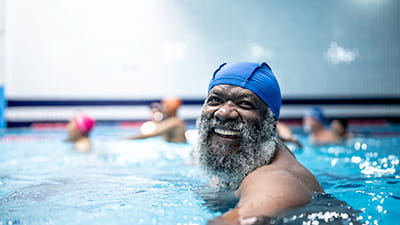

Health insurance for people over 50 that provides a quicker route to diagnosis and planned medical treatment in a private facility.
Underwritten by Bupa Insurance Limited.

Every issue of Saga Magazine is packed with inspirational real-life stories, exclusive celebrity interviews, brain-teasing puzzles and travel inspiration. Plus, expert advice on everything from health and finance to home improvements, to help you enjoy life to the full.
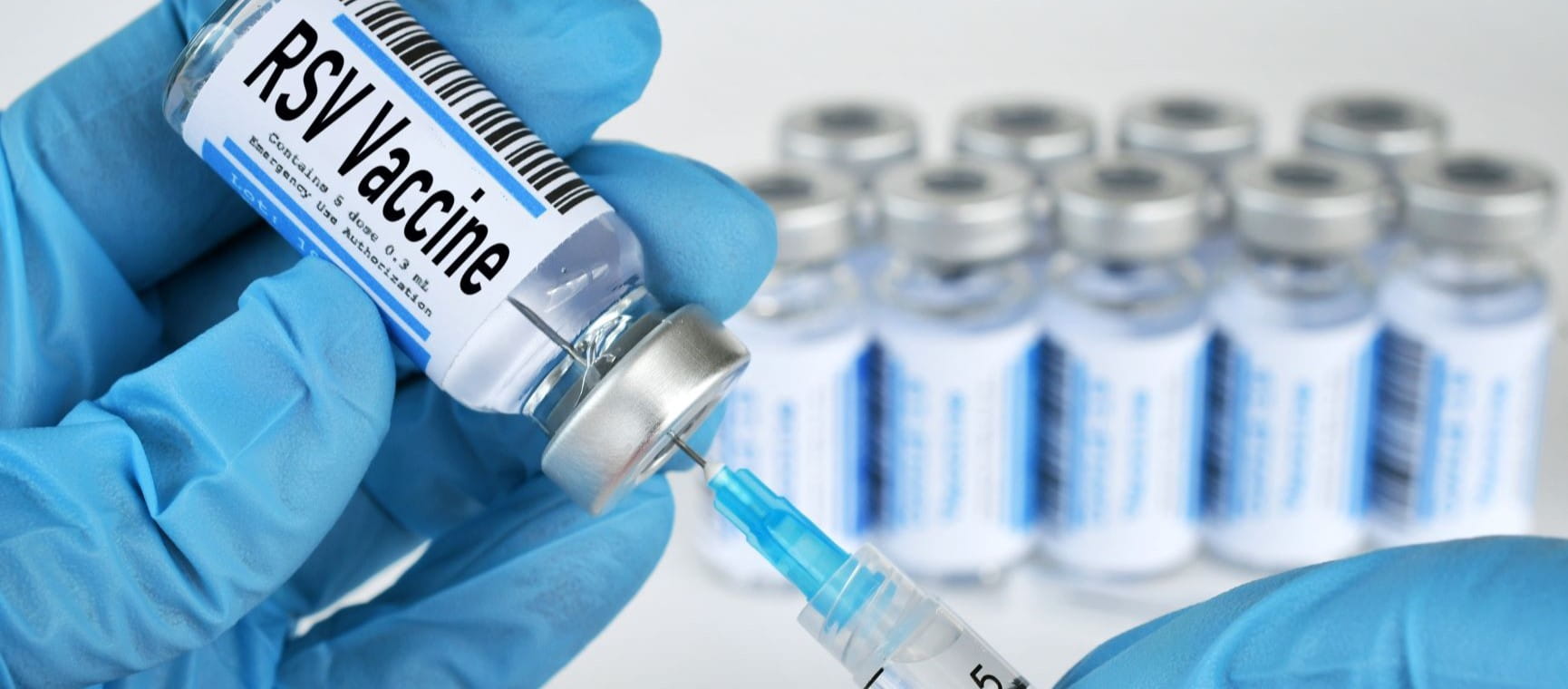
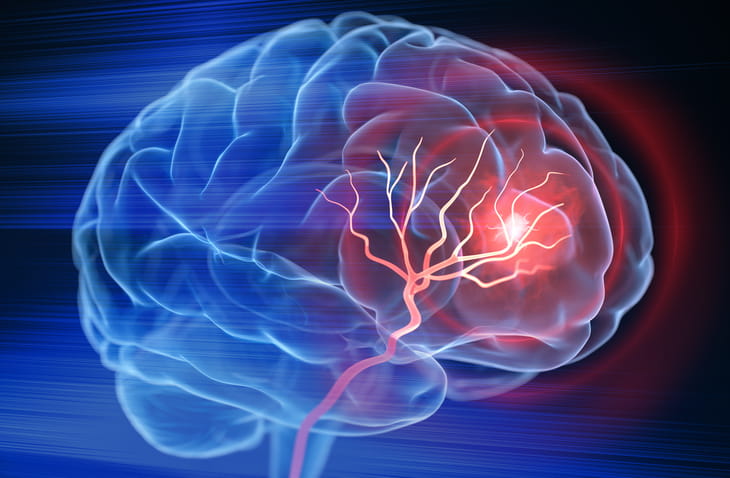
Facial weakness, a sudden headache and dizziness can all be signs of a stroke, we've got the facts from an expert.
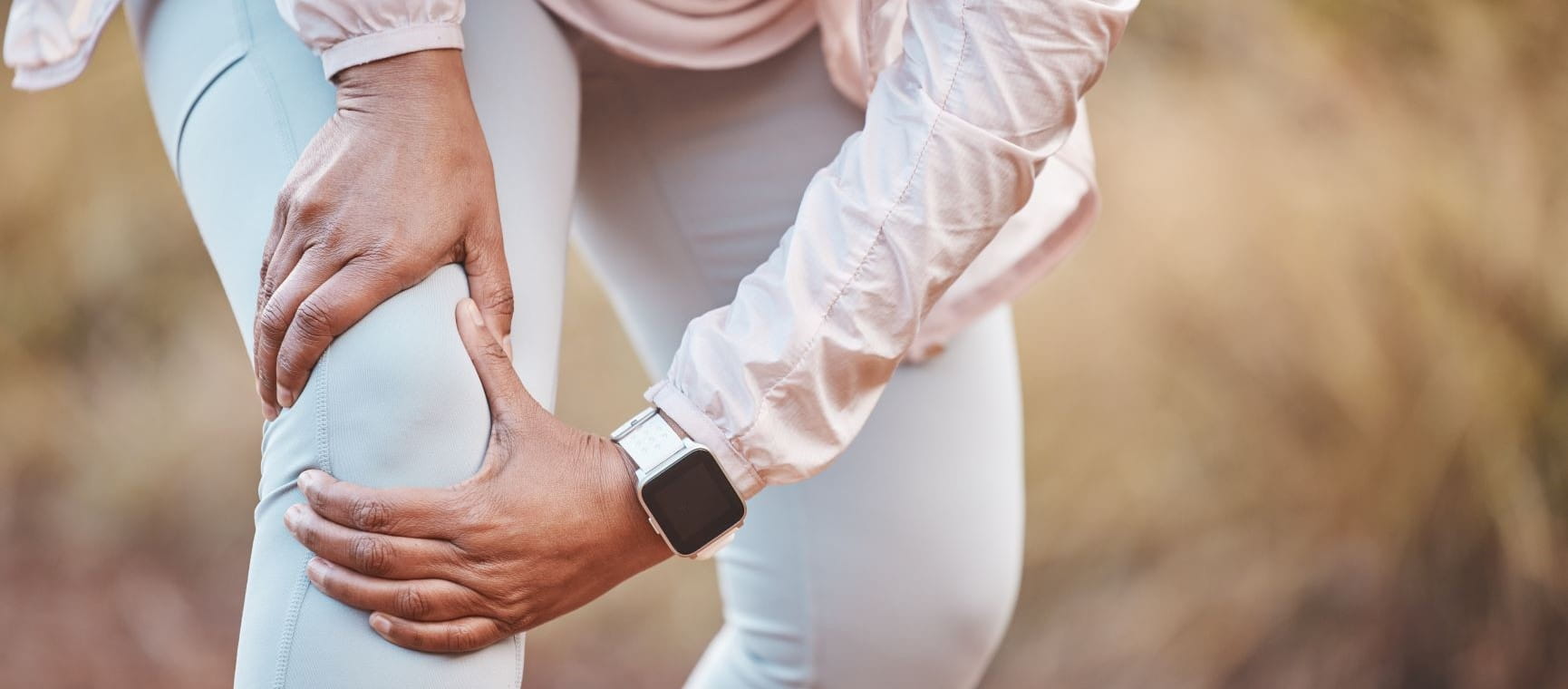
Knee pain is more common as we age: to help we've got the best advice from 3 leading experts with easy ways to make a difference.
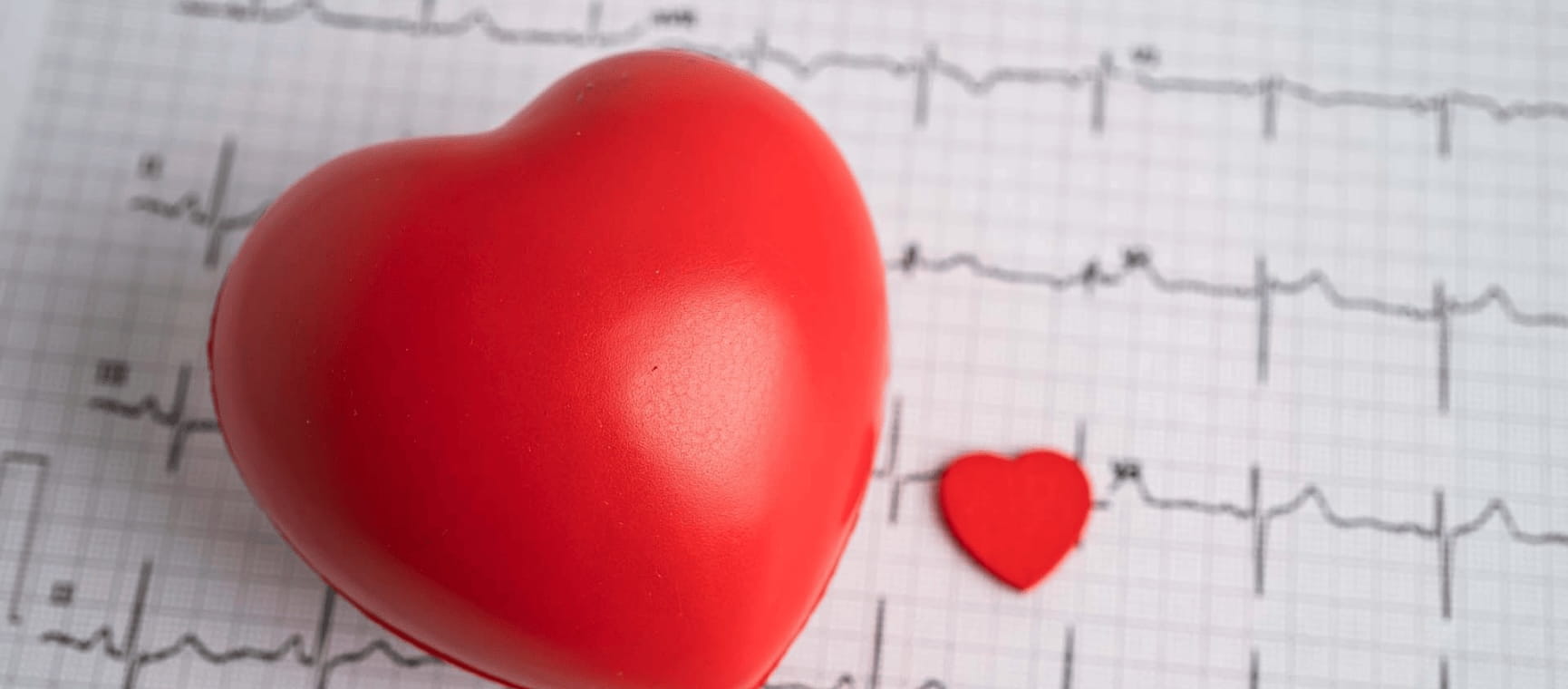
Do you know the symptoms of a heart attack? Here’s what to look out for, and how to prevent one.
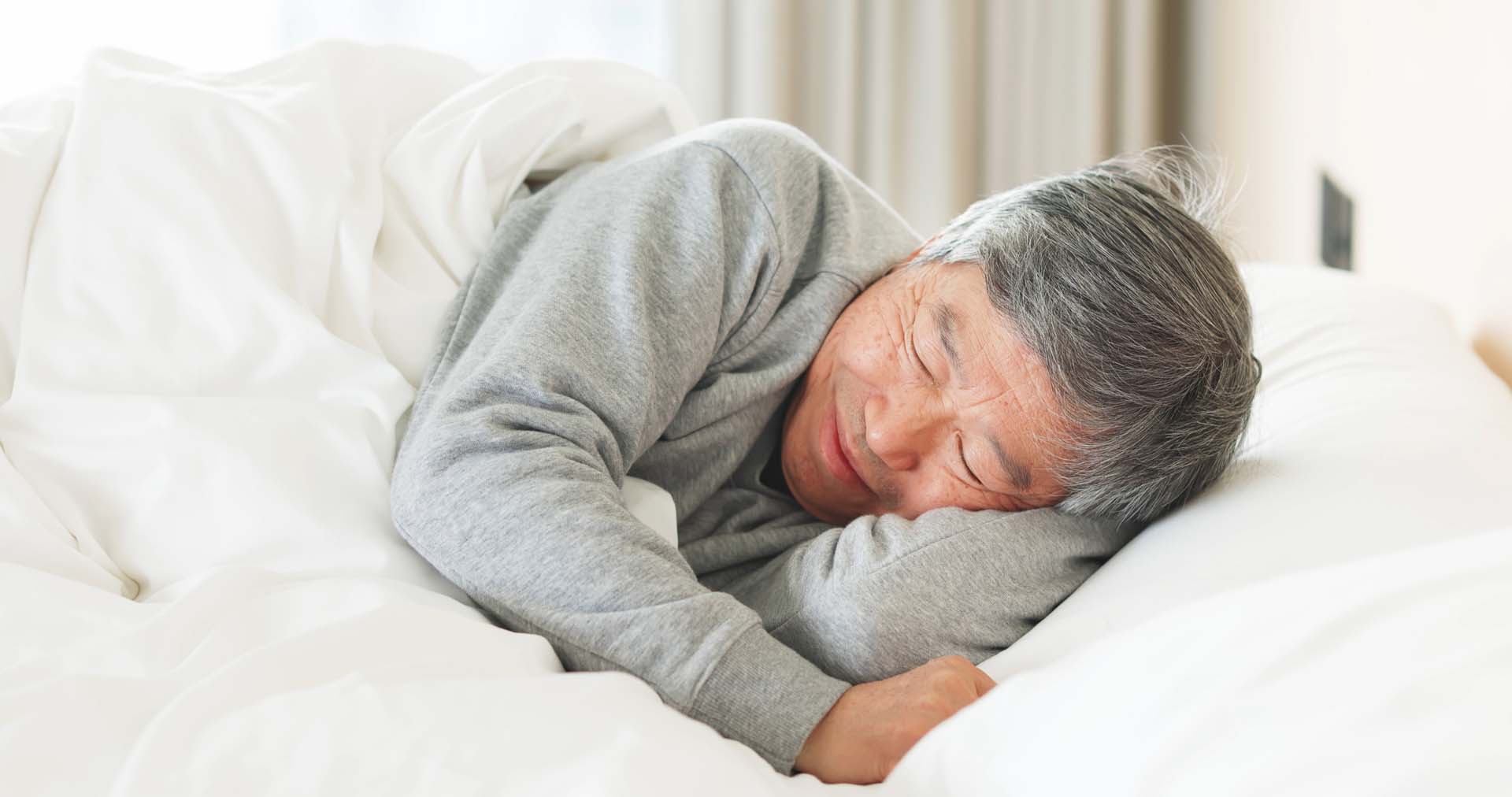
Front, back or side? Which sleeping position is best for you as you get older, and which ones you should avoid

